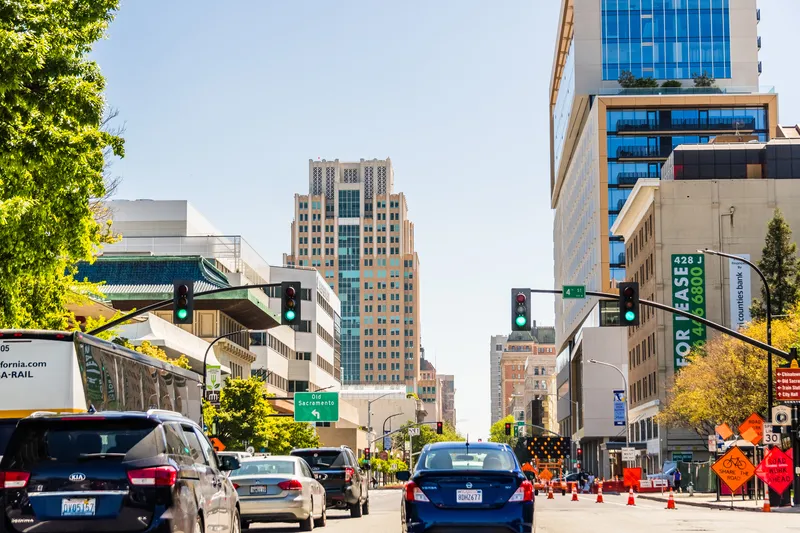139 TransCore partnered with New York City to complete a Transit Signal Priority (TSP) pilot program – a cost-effective citywide deployment to provide priority treatment for city buses and emergency responders. NYC saves millions by leveraging in-vehicle technology and its advanced traffic control system that manages over 12,800 intersections. In addition, TSP has reduced NYC Select Bus Service travel times from Staten Island to the Bronx up to 18.4%; average speeds improved up to 22.6%; and bus ridership increased by almost 10%. To learn more, attend ITSA’s Technical Session on The Intersection of Transit and Data. TransCore’s Emily Zhang will present her paper: “Evolution of New York City’s Central Transit Signal Priority: Architecture, Deployment and Operations.”
Tuesday, June 2, 9:30 a.m. Room 326.
To address congestion in Arcadia, California, the City started a project to implement adaptive signal operations. KLD’s adaptive control system, ACDSS, was integrated with the TransSuite software and new 772 McCain controllers and firmware deployed at 33 intersections.
The adaptive system went live in February in multiple locations and is addressing traffic pattern variations and minimizing delays. To learn more, attend ITSA’s Technical Session on Signal System Operations and Control Technologies. TransCore’s Chuck Dankocsik will present his paper: “Signal Operational Strategies Address the City of Arcadia’s Transportation Challenges.”
Tuesday, June 2, 9:30 a.m. Room 328









